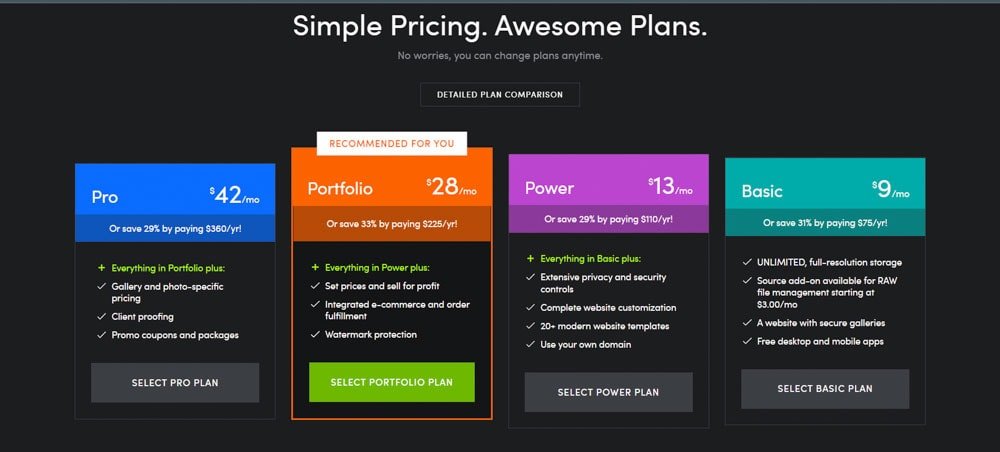In the digital age, social media influencers have become a pivotal force in transforming marketing strategies. Their ability to connect with audiences on a personal level has redefined how brands engage with consumers. This shift has led to a more authentic and interactive marketing environment, challenging traditional advertising methods.
1. Authenticity and Trust
Influencers are perceived as relatable figures who share genuine experiences and opinions. This authenticity fosters trust among their followers, making their product recommendations more impactful than traditional advertisements. Consumers are more likely to trust and act upon suggestions from influencers they follow, leading to higher engagement and conversion rates.
2. Targeted Reach
Influencers often cater to specific niches, allowing brands to reach highly targeted audiences. This precision ensures that marketing efforts are directed toward individuals most likely to be interested in the products or services offered, enhancing the efficiency of marketing campaigns.
3. Cost-Effectiveness
Compared to traditional advertising channels, influencer marketing can be more cost-effective. Brands can collaborate with influencers who align with their budget and marketing goals, achieving significant reach and engagement without the high costs associated with traditional media.
4. Enhanced Engagement
The interactive nature of social media platforms allows influencers to engage directly with their audience through comments, live sessions, and personalized content. This engagement fosters a sense of community and loyalty, which can translate into increased brand advocacy and customer retention.
5. Measurable Impact
Influencer marketing provides measurable results through analytics tools that track engagement metrics, conversion rates, and return on investment. This data-driven approach enables brands to assess the effectiveness of their campaigns and make informed decisions for future marketing strategies.
6. Integration with E-Commerce
Platforms like LTK have revolutionized shopping by enabling influencers to link directly to products featured in their posts, earning commissions and providing valuable data on engagement. This integration streamlines the purchasing process and enhances the shopping experience for consumers.

7. Political and Social Influence
Influencers have expanded their role beyond product promotion to include political and social commentary. Their ability to mobilize audiences has been recognized in various sectors, including politics, where influencers have been enlisted to spread messages and engage voters.
8. Corporate Integration
Companies are increasingly hiring influencers as part of their marketing teams to leverage their expertise in digital engagement. This trend reflects a shift towards integrating influencer strategies into corporate structures to enhance brand visibility and connect with younger audiences.
9. Event Amplification
Influencers play a significant role in amplifying events by sharing their experiences and creating buzz on social media. This amplification extends the reach of events beyond physical attendees, engaging a global audience and enhancing brand exposure.
10. Evolution of Consumer Behavior
The rise of influencers has led to a shift in consumer behavior, with individuals seeking recommendations from trusted figures rather than traditional advertisements. This change has prompted brands to adapt their marketing strategies to align with the preferences of modern consumers.
Conclusion
Social media influencers have fundamentally transformed the marketing landscape by introducing authenticity, targeted reach, and direct engagement into brand-consumer interactions. Their ability to influence consumer behavior and drive brand success has made them indispensable in contemporary marketing strategies. As the digital environment continues to evolve, the role of influencers is expected to expand, further reshaping how brands connect with their audiences.











